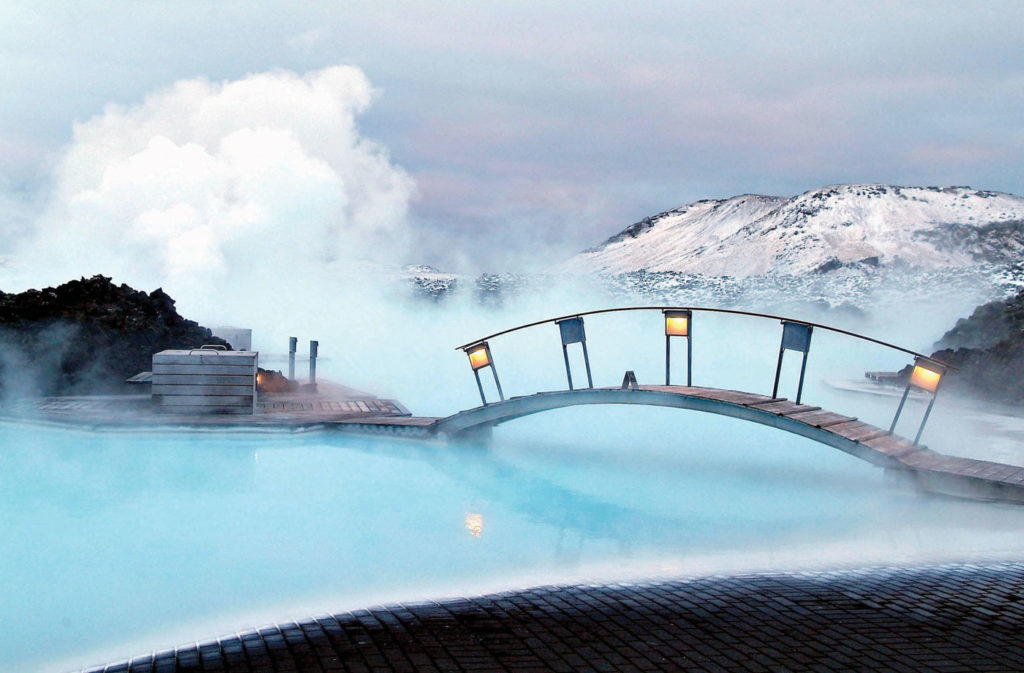
A personal view of the state of our oceans.
On my latest trip to one particular Pacific seaside town, I was struck by how many gleaming, glass high rise condos, and new, multi-storey hotels had sprung up on the beachfront, for many kilometers in both directions, crowding out the natural landscape.
Every other time that I had visited, I had seen baby turtles. With so much development I wondered if it would make them scarce. Scanning the whole stretch of beach, there was only one empty lot measuring a few metres wide with blades of straggly grass growing in the sand. Despite the encroaching buildings, it was here and here alone, that a few baby turtles struggled, amid the perils of life to make their way seaward. Of the many born, two managed to survive — broken shells and other debris attesting to their kin who had not been so lucky.
How long this plot of land would remain as the lone nesting ground for the turtles, I cannot forecast, but I had been contemplating my experience with the ocean because of a new report published in Nature and conducted by the The Ocean Cleanup Foundation. It warned of the dire current and future state of earth’s oceans, much of it the consequence of human activity. The main culprit was plastic. In fact, a garbage pile twice the size of Texas (and growing daily) floats in the Pacific Ocean, and there are others floating in other oceans too.
The plight of turtles seems an apt metaphor for the environmental degradation of our oceans – human activity while providing financial benefits and prosperity has similarly devastating consequences on wildlife and the environment.
A couple of years ago I was speaking with a scientist in New Zealand who saw immense hope in technology. “I think the next generation will be able to innovate solutions for our current environmental problems,” the scientist purported. Intuitively, this assertion is fair and probable. That is, until I analyzed some recent examples that indicate otherwise. For instance, many countries banned incandescent bulbs which were deemed too wasteful of energy relative to the newly introduced LED and CFL bulbs. Everyone would win, less energy waste, longer lifespan for the bulbs and less stress on resources. There is however, a little reported downside – mercury. CFL bulbs contain trace amounts of the chemical. The quantity in one bulb is minuscule. Disposing of the massive amount of bulbs produced on a planet with billions of people though is monumental.
Aggregates are little considered. A few plastic bottles, even the amount produced by one city may be manageable, but when this is extrapolated to the planet, disposing of them can create devastating consequences. Even more so today when the values, production and lifestyle of the developed have been exported worldwide and, in a few years, have become the norm. What may have been, at one time, a small indulgence relegated to a privileged few, has become a mainstream problem.
Innovation is a fine thing, a necessary, welcome thing. It has been the feature of humanity since the appearance of homo sapiens. For every advance, however, there are consequences, some of which may not be apparent for many, many years.
Take another example – the connectivity, convenience, and sheer power provided by the cellphone. It has done wonders around the world. It has also led to an electronic-waste pile-up and disposal nightmare. Burying discarded phones in a landfill, shipping them en masse to developing nations or dismantling them and letting them (and their dangerous chemical constituents) decompose are not long term solutions. In this scenario, the problem has just been shifted elsewhere — their consequences unseen and at times unknown in the place of their origin.
Every new innovation is heralded as the technological breakthrough that will save us all. Then one day, while its use is already rampant, its deficiencies become known and the cycle of band-aid solutions begins anew.
Perhaps, we can begin by acknowledging that there are no purely good actions here on earth. Even those with the best of intentions are tinged with unintended consequences and influence other beings. All we can do is strive for balance, acting from our centre. When it comes to the oceans, we are all in this together.
This original editors letter article first appeared in the Summer 2018 issue of City Style and Living Magazine.
Don’t Forget to Follow City Style and Living on Social Channels: Instagram, Twitter, Facebook, Pinterest












